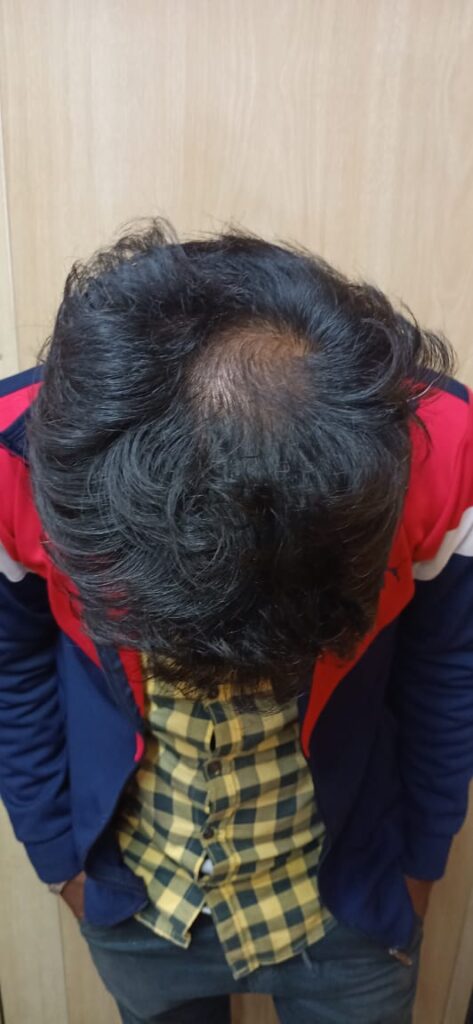How to Control Hair Fall: Effective Tips for Healthy Hair
Table of Contents
Hair fall is a common concern for many people, regardless of age or gender. Losing hair can be distressing, but understanding the causes and taking appropriate steps can help control hair fall effectively. Here are some tips to maintain healthy hair and reduce hair fall.
- Understand the Causes of Hair Fall
Hair fall can occur due to various reasons, including:
- Stress: Emotional or physical stress can lead to temporary hair loss.
- Nutritional Deficiencies: Lack of essential nutrients such as iron, zinc, vitamins, and proteins can weaken hair.
- Hormonal Imbalances: Conditions like thyroid disorders or hormonal changes during pregnancy and menopause can contribute to hair fall.
- Genetics: Hereditary hair loss, or androgenic alopecia, is a common cause of hair thinning.
- Medical Conditions and Medications: Scalp infections, autoimmune diseases, or certain medications may lead to hair loss.
- Maintain a Healthy Diet
A balanced diet is crucial for healthy hair growth. Include the following in your meals:
- Protein-rich foods: Eggs, fish, lean meats, legumes, and nuts.
- Iron and zinc: Leafy greens, beans, and fortified cereals.
- Omega-3 fatty acids: Found in fatty fish, walnuts, and flaxseeds.
- Biotin and vitamins: Incorporate biotin-rich foods like almonds, sweet potatoes, avocados, and vitamin C-rich fruits and vegetables.
- Practice Good Hair Care Habits
- Avoid Overwashing: Washing hair too frequently can strip it of natural oils. Aim for 2-3 times a week.
- Use Mild Shampoos: Choose sulfate-free and gentle shampoos to minimize scalp irritation.
- Condition Regularly: Use a good-quality conditioner to hydrate your hair and prevent breakage.
- Avoid Heat and Chemical Treatments: Excessive use of hair dryers, curling irons, or harsh chemical treatments can weaken hair.
- Manage Stress Levels
Chronic stress can trigger hair loss. Adopt stress management techniques such as:
- Meditation and Yoga: These practices help calm your mind and reduce stress hormones.
- Exercise: Regular physical activity improves blood circulation, including to the scalp.
- Adequate Sleep: Ensure you get 7-8 hours of quality sleep each night to promote overall health.
- Use Natural Remedies
Home remedies can help strengthen your hair and reduce hair fall:
- Coconut Oil: Massage your scalp with warm coconut oil to improve blood flow and nourish the roots.
- Aloe Vera: Apply fresh aloe vera gel to the scalp to soothe irritation and promote growth.
- Onion Juice: Rich in sulfur, onion juice can help regenerate hair follicles and boost hair growth.
- Consult a Specialist
If hair fall persists despite your efforts, seek professional help. Dermatologists or trichologists can diagnose underlying issues and recommend treatments such as:
- Medications: Minoxidil or finasteride may be prescribed for certain types of hair loss.
- PRP Therapy: Platelet-rich plasma therapy can stimulate hair growth.
- Hair Transplant Surgery: Hair transplant procedures can restore hair density in severe cases.
- Protect Your Hair
- Avoid Tight Hairstyles: Styles like ponytails or buns can cause traction alopecia.
- Shield from Environmental Damage: Use scarves or hats to protect your hair from sun exposure and pollution.
- Stay Hydrated: Drink plenty of water to maintain hair and scalp health.



